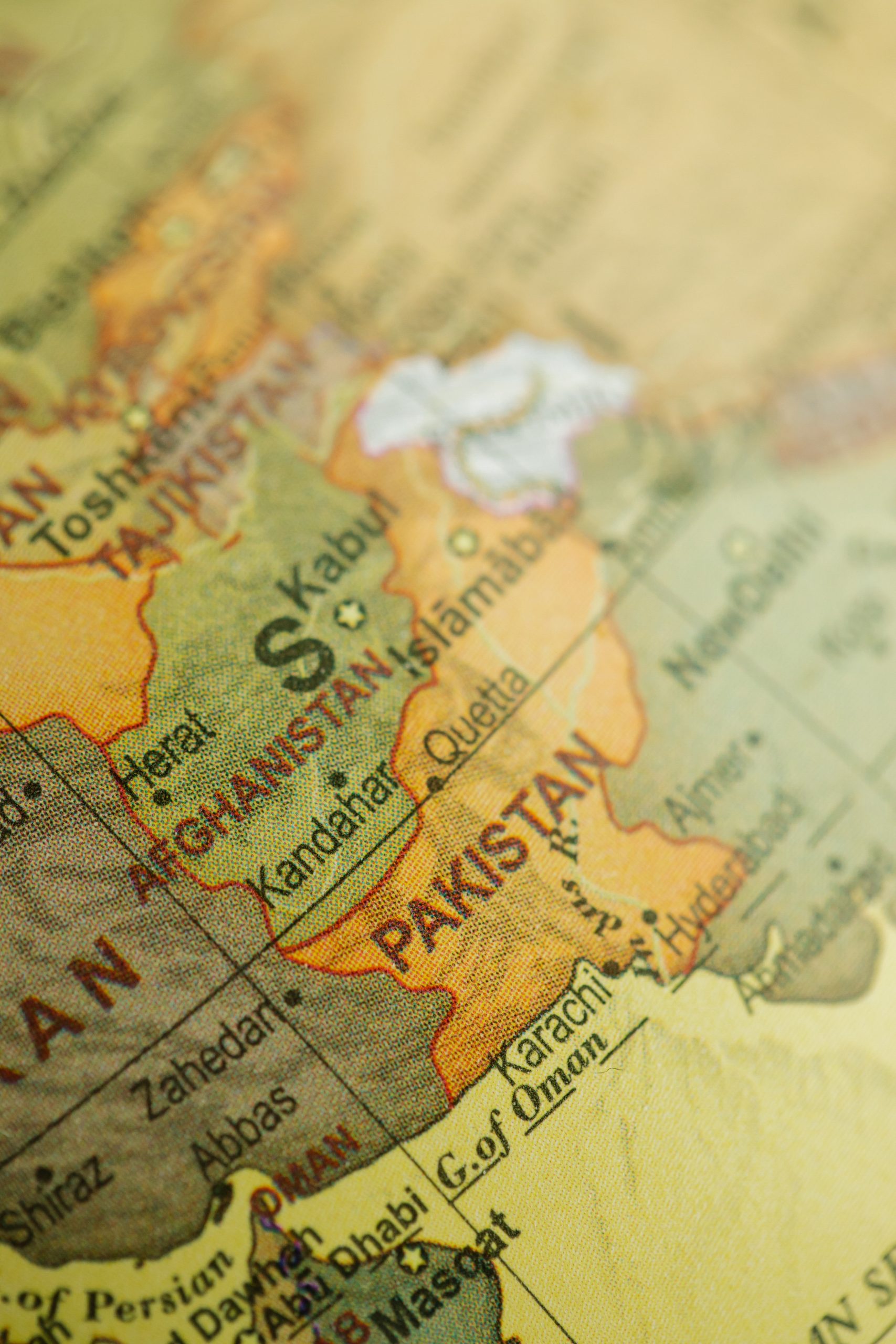Fearing the collapse of Afghanistan approaching near, a United Nations representative addressed the UN Security Council on Tuesday imploring the international community to step up its engagement.
Markus Potzel is the UN Secretary-General’s Deputy Special Representative for Afghanistan. He heads the UN Assistance Mission in Afghanistan (UNAMA) which was created in 2002 by the UN and tasked with assisting the Afghanistan people by leading and coordinating international civilian efforts. The needs of the Afghan people are reviewed annually by UNAMA and modified accordingly. The mission was extended in March of 2022 for another year, seven months after the infamous takeover of Afghanistan by the Taliban in August 2021.
Since the Taliban takeover more than one year ago, citizens of Afghanistan continue to suffer greatly from a variety of human rights violations, security concerns, and economic hardships.
Most notably, young women are forbidden by the new regime to attend secondary schools to continue their education. They, along with adult women who previously enjoyed exercising their freedom to work, attend learning institutions, and participate in public, are now relegated to the isolation of their homes. The concern is not just over the human injustices to fifty percent of the population but also to the injustice to Afghanistan as a whole in losing out on the contribution of its female contingent to all levels of society.
Crime, armed clashes, and high-profile terrorist incidents have also been on the rise in the past several months, calling into question the stability of Afghanistan leaders to provide security for their citizens. Further, the international community’s trust in the Taliban’s commitment to anti-terrorism is eroding in light of al Qaeda’s leader, Ayman al Zawahiri, being sighted and subsequently killed by a US drone in the capital city of Kabul in July of 2022.
Economically, the country remains in a precarious situation. Per capita income levels have been driven down to 2007 levels despite the Taliban government’s claims that they’ve increased exports, preserved the value of their currency, and produced stable revenue collection. Liquidity issues endure as a result of Afghanistan isolating itself from the international banking system with much of the cash provided by the United Nations for humanitarian causes usurped by the Taliban instead.
Potzel has called the international community to rally together and engage in a global strategy against an impending societal, governmental and financial collapse of Afghanistan.


























